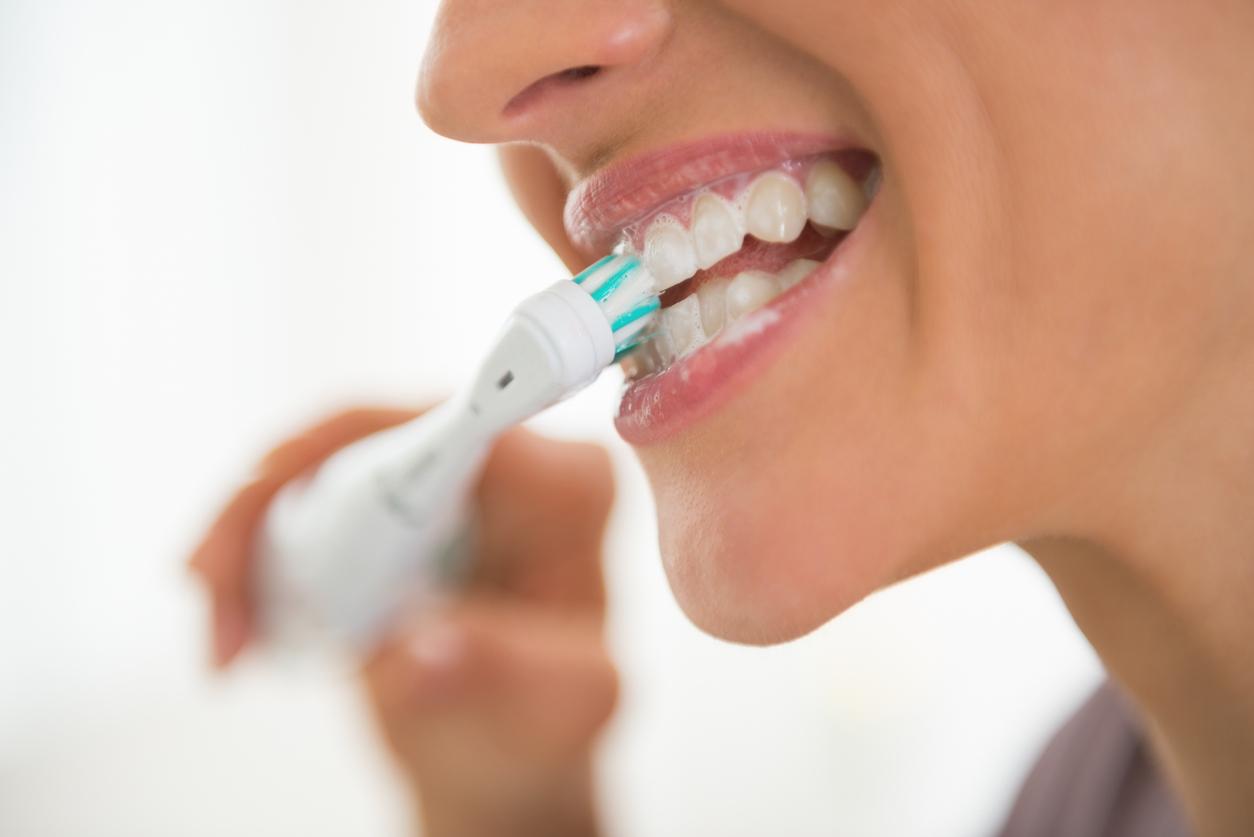Public toilets do not generally inspire confidence, and we prefer not to sit on the bowl to avoid being in contact with a swarm of bacteria. However, infections are not caught there, because the danger comes mainly from automatic hand dryers.

Microbes are everywhere around us but especially in our body, since we have about 100,000 billion of them. Those contained in fecal matter are among the most transmissible. Our intestine is indeed composed of 25 to 54% of this material which carries many transmissible pathogens. How to avoid catching one of these germs on the bowl of public toilets?
Germs are everywhere
In truth, the danger is elsewhere! This is because it is highly unlikely that an infection will develop from the buttocks. Our microbial and immune defenses are there to protect us in these cases. Most intestinal infections are caused by transfer of bacteria to the mouth from contact with hands or food.
What’s more, a study published in 2011 revealed that the microbes present in the water droplets projected when the toilet is flushed quickly colonize a substantial surface of the room: the flap, the door, the floor and the toilet paper holder. It is therefore rather necessary to be wary of these surfaces.
The bowl is not an enemy
Despite this, many people continue to distrust toilet bowls and prefer to position themselves so that the buttocks are not in contact with this surface. A practice, not very comfortable, which is not the best, explains Brianne Grogan, physiotherapist in women’s health.
“The problem with ‘hovering’ over the toilet while urinating is that your pelvic floor and pelvic girdle muscles – your hip rotators, glutes, back and abs – are extremely tight. This tension in the pelvic girdle makes it difficult for urine to flow, often requiring you to push or “press down slightly” to get urine out quickly. the bottom may contribute to pelvic organ prolapse.”
Beware of hand dryers
Concretely, what you have to pay attention to are rather the door handles but above all… the automatic hand dryers! Real bacteria nests, they brew all the microbes present around you. Door handles, taps or even toilet paper are also potential germ carriers.
Finally, washing your hands is essential to avoid catching a disease. Hands are responsible for transmitting 80% of germs and washing them helps protect against germs associated with the toilet. The faucet, sink and hand dryer containing a shower of bacteria, it is best to use your elbow, a sleeve of clothing or protect yourself with a clean paper towel so as not to come into direct contact with this material.
.















